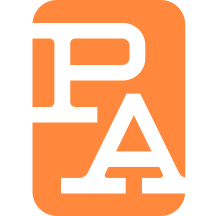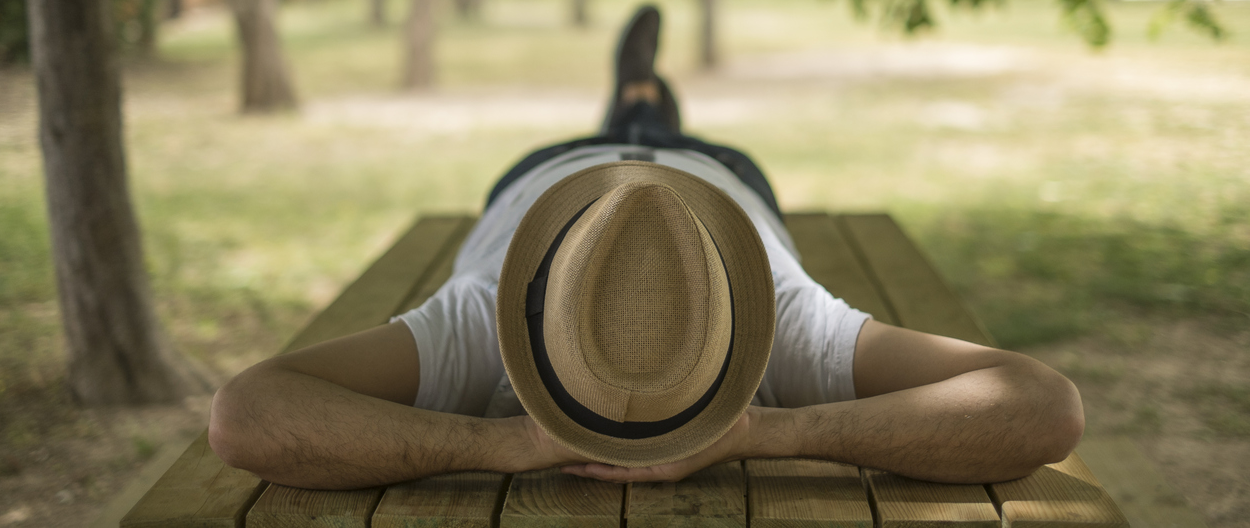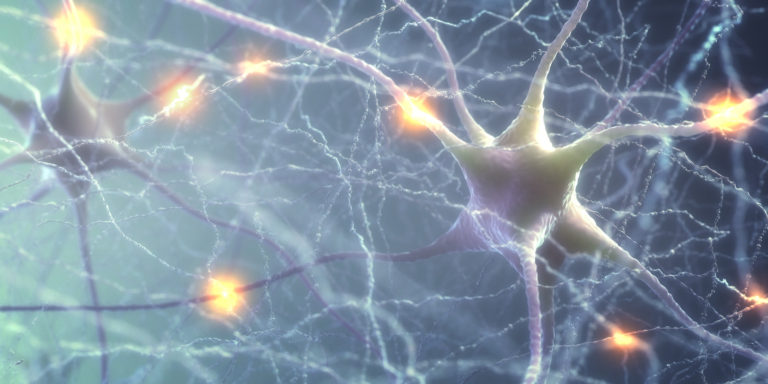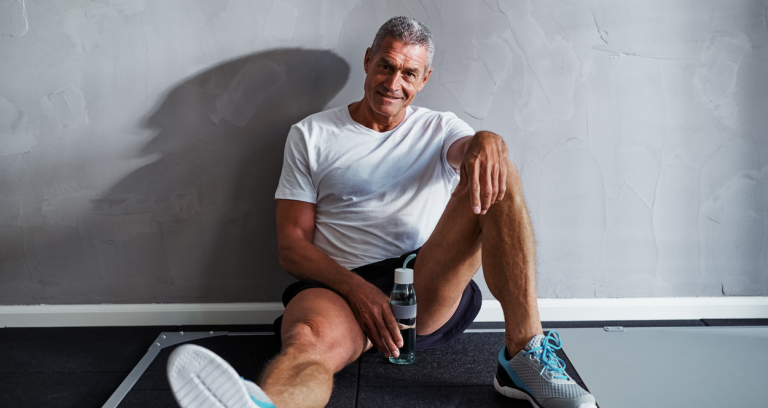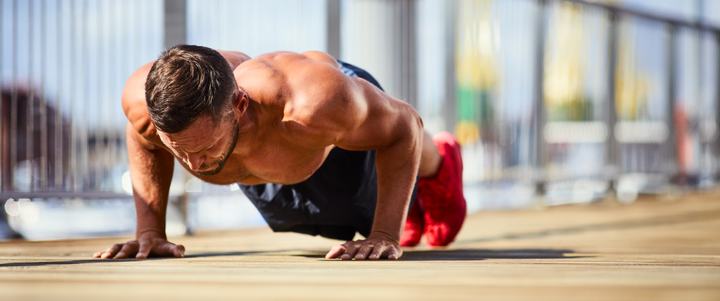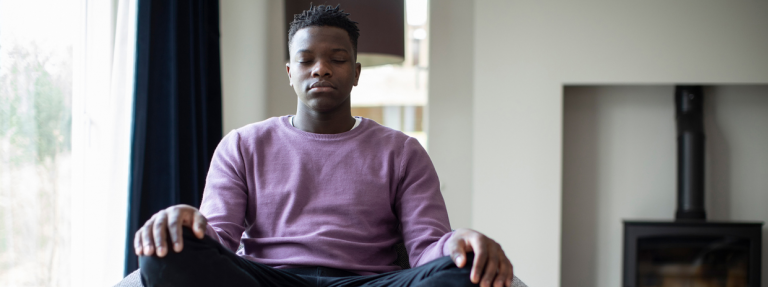Why Napping is Good for Your Health
Note: This post in an excerpt from an article written by Julien Adler originally published on medium.com. Julien is an executive business coach and leadership trainer.
In the last decade, scientific research has been proving all of us celebrated nappers correct—that sleep deprivation costs American businesses $63 billion a year in lost productivity and that a short midday nap has significant and tangible benefits.
- A study from the Canadian Brock University showed performance and alertness decreased through the post-lunch dip when no nap was taken. Naps containing Stage 2 sleep improved performance and alertness. Naps containing Stage 1, but not Stage 2 sleep, were successful in improving subjective alertness and reducing fatigue, but participants experienced performance decrements and showed evidence of decreased objective alertness.
- A NASA study that tracked brain activity in pilots flying long trips revealed that napping pilots maintained their baseline reaction speed over the course of the flight, had fewer performance lapses and were across the board more alert than their non-napping counterparts.
- A Harvard napping study related to coronary health found that occasional napping was linked to a 12 percent reduction in cardiac mortality, but regular napping appeared to reduce risk by 37 percent. Additionally, among working men, occasional nappers were 64 percent less likely to die from coronary artery disease than their non-napping peers, and regular nappers were 50 percent less likely to die from coronary artery disease than non-nappers.
- Results from a New Zealand study showed that air traffic controllers working the night shift scored better on tests of alertness and performance if they took advantage of a planned nap period of 40 minutes.
- A study out of Paris Descartes University found sleeping for up to 30 minutes can reverse the hormonal impact of a poor night’s sleep.
- A University of Michigan study found people were less impulsive and had a higher tolerance for frustration after a 60-minute nap, perhaps due to nap’s ability to help the hippocampus (the part of the brain associated with memory, emotions, and motivation) function more effectively.
All of this research and more indicates that breaking up your day with a nap provides you with the same level of alertness and energy for the second half of your day as you have for the first. It in effect gives you two mornings in a day in which to be more effective.
So why do we “outgrow” naps once we leave kindergarten? As kids, we might be afraid we’re going to miss out on important play time. Then as we become older, this can translate into a fear that we’re “wasting” potential productivity.
In today’s hustle and bustle of the workplace, it’s easy to see napping as a form of laziness. As if there are more important things to do than take a nap. Perhaps we also fear our manager’s disapproval, want to avoid a social or office stigma of “not being serious” about our work, pride ourselves in powering through the fatigue, or feel like we can’t spare the time in our hectic schedule. But how is a 20-minute power nap any different (or worse) than mindlessly surfing the web for 15 minutes, or taking a 20-minute break to get coffee?
Wasting another co-worker’s time with some chitchat in the office, sneaking some time on social media, or taking the long way to get an afternoon latte doesn’t boost your brain activity or alertness the way a power nap can. It’s self-care that also can improve your productivity and mood at work and home. In short, napping makes you a more capable producer and an emotionally more balanced person.
If you’re intrigued about how power napping could help you be a better you but are not a well-practiced napper, here are some techniques to help get you started.
- Gain buy-in from your supervisor: You’ll never be able to relax and sleep if you have concern such self-care is going to hurt your standing with your boss. Be brave, and inform your supervisor that you will be replacing your usual afternoon break with a nap routine to improve your performance at work. If they object, share some of the above science with them, or negotiate a compromise to help them feel more comfortable with the idea.
- Practice makes perfect: If you think you “can’t nap” give yourself the time to practice. Even if you don’t entirely fall asleep during your 20-minute window, your body will still receive some serious benefits from relaxing. Additionally, establish a naptime routine and go through it each time you lay down. This pattern will help code your brain that it’s time to sleep and make falling asleep easier.
- Build your nest: The environment you pick to nap is just as important as the length of time. It takes about 50 percent longer to fall asleep sitting up than lying down, so select a dark, cozy place where you can lie flat. This space could be a couch or area on the floor of your office. Additionally, eliminate as much light as possible with a sleeping mask, and use earplugs to block out the noise. Finally, use a blanket to keep you warm while you rest.
- Protect you naptime: Based on the circadian rhythms of the body a nap between 1 or 3 p.m. is an ideal nap, depending on when you woke up. It’s late enough to fit into your natural siesta zone but early enough that it will not interfere with your night sleep. But this time can be difficult to defend at work unless you block it off on your calendar. If you share your schedule with co-workers, call this time a “Productivity Break” to highlight the reason for your nap.
- Use the nap wheel: Psychologist Sara Mednick, Phd., created a nap wheel to help identify the best time for a nap based on when you woke up. This is especially helpful for people with very early mornings or unusually late nights. For example, if you woke up at 5:00 a.m., nap at 1:00 p.m.; for 6:00 a.m., rest at 1:30 p.m., etc.
Remember, naps aren’t for everyone. If you’re suffering depression, you’re likely experiencing a sleep issue, and your circadian rhythms may be disrupted. Napping can make your depression worse, so it’s recommended that people with insomnia avoid naps as it can make it harder to fall asleep on schedule at night. Naps should work with your nighttime sleep routine, not undermine it.
Read the full article here.
